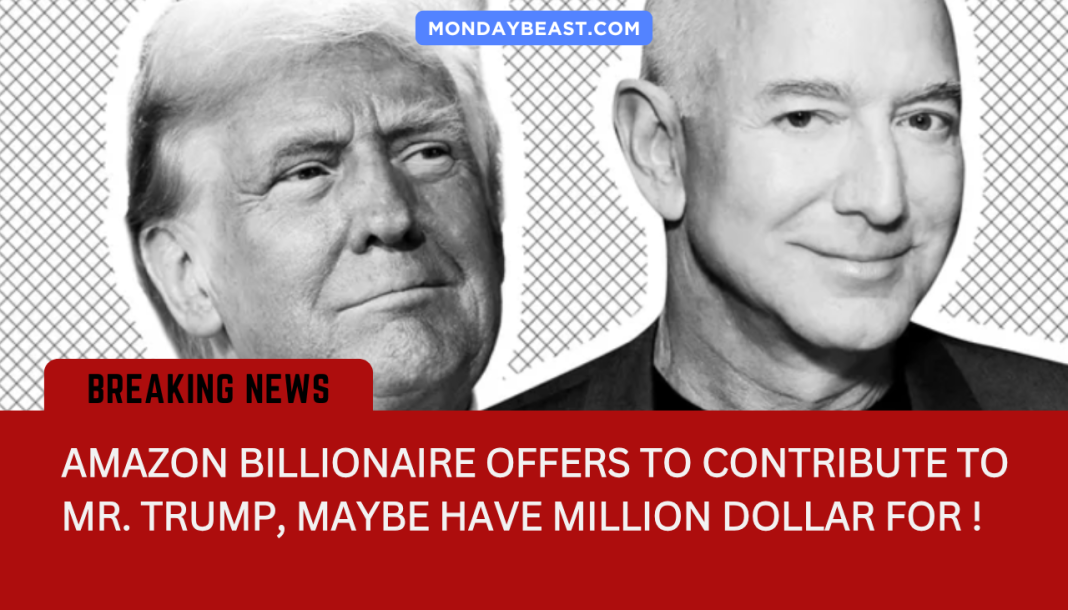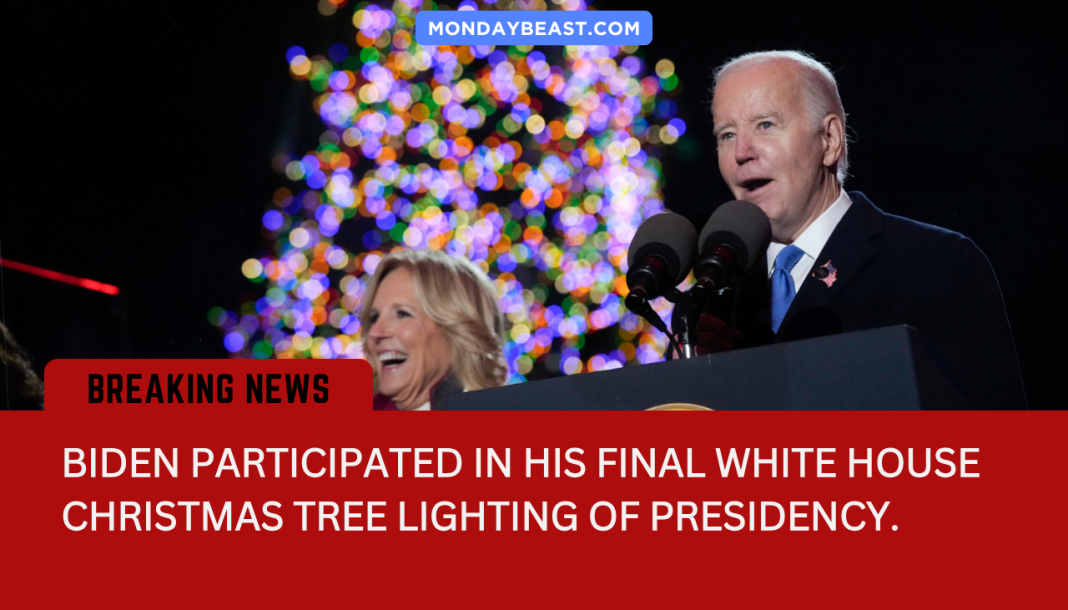In a surprising turn of events, Amazon founder Jeff Bezos expressed his optimism for Donald Trump’s potential second term as President. At the recent DealBook Summit, Bezos made headlines with his willingness to contribute to governance reform under a Trump administration. What sparked this unexpected alliance? The billionaire, ranked second on Forbes’ global list, sees an opportunity for change in governmental regulations. He believes that streamlining these rules is essential for the country’s progress.
Why would Bezos commit to supporting Trump? He stated, “I feel very optimistic this time. He shows a lot of enthusiasm for the direction of streamlining management regulations.” These words sent shockwaves through both political and business communities. After all, Bezos is a prominent figure in the tech industry, known for challenging norms and pushing boundaries.
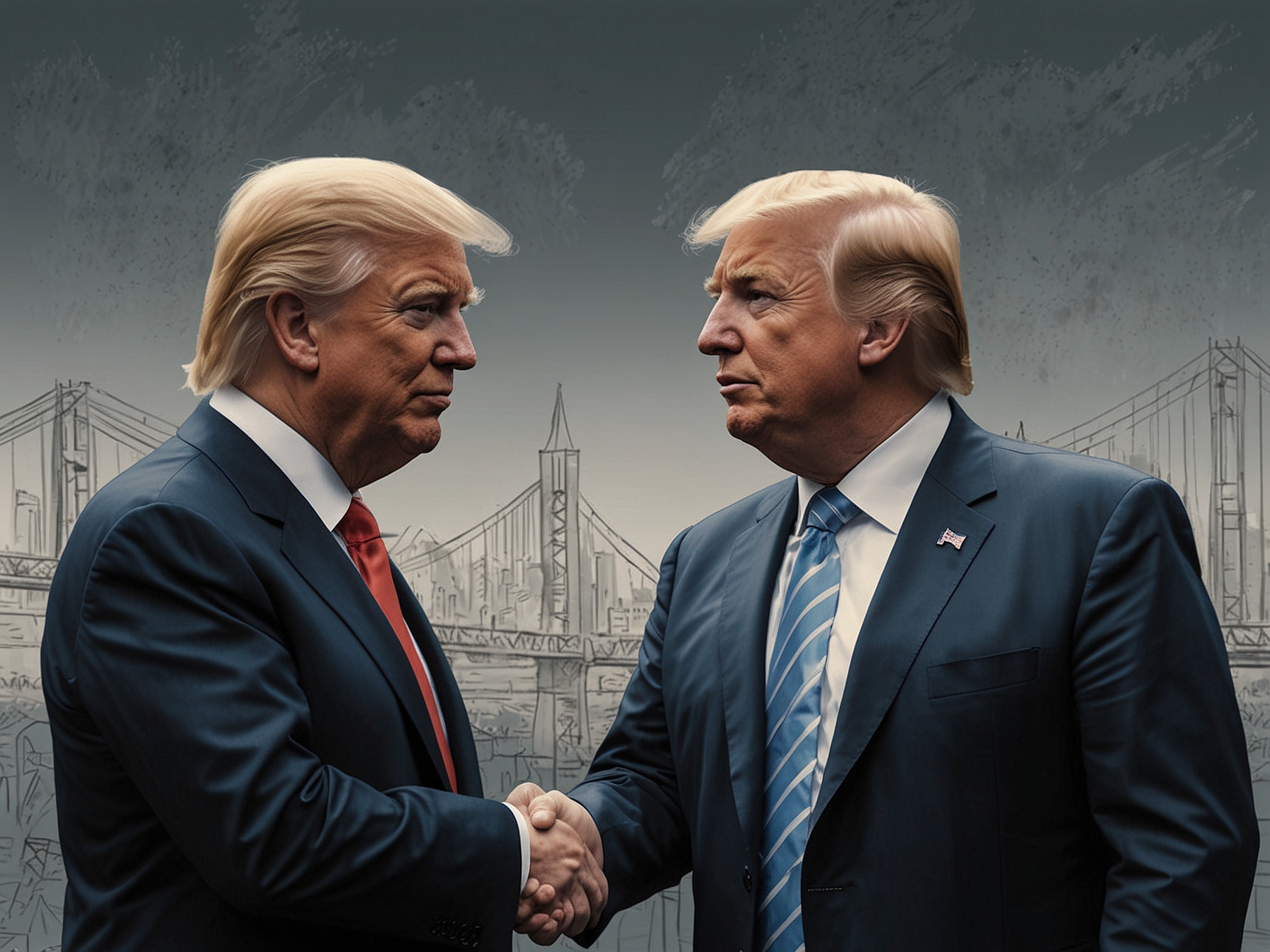
Bezos pointed out the need to address overlapping regulations in the United States. He argued that too many rules complicate various sectors, hampering innovation. Rather than dwell on the past, the Amazon CEO encouraged looking ahead. This new outlook is certainly interesting, especially given the tumultuous relationship between Bezos and Trump in the past.
The billionaire’s comparison of Trump today to his previous term is intriguing. Bezos claimed, “He is now calmer, more confident, and more at ease.” Eight years can change a man—or at least how the world perceives him. Could personal growth lead to better governance this time?
During Trump’s first administration, Bezos faced criticism for his ownership of the Washington Post. Critics claimed he would use the paper to attack Trump, and for a time, it did seem that way. In 2016, the media landscape was rife with tension. Bezos labeled Trump as “eroding democracy,” prompting a sharp retort from the then-candidate. Trump accused Bezos of using the Post as a “tax evasion tool.” The animosity was palpable.
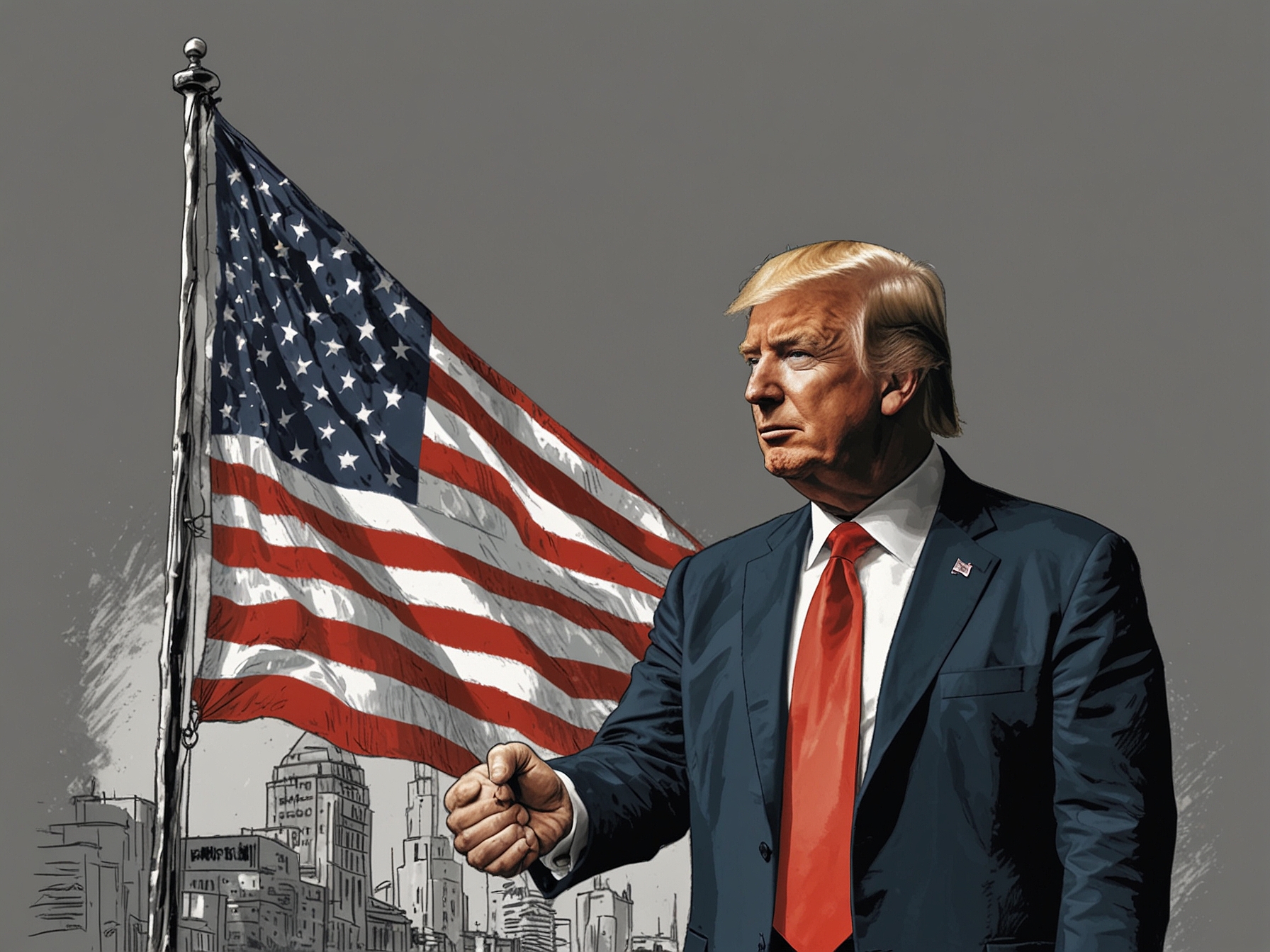
Fast forward to now, and it appears Bezos is attempting to mend fences. In his recent statements, he emphasized that “The Washington Post has covered every president vigorously.” He sought to disprove the narrative that he bends to any political figure. By avoiding an endorsement for the recent elections, Bezos wanted to maintain an image of neutrality, although the timing raised eyebrows.
Critically speaking, what does this mean for American democracy? Can a billionaire’s relationship with a politician truly be viewed as collaborative, or should skepticism reign? Many Americans have voiced concerns about the influence of wealth in politics. The intertwining of business interests and governance is a complex issue worthy of discussion.
Bezos’ plan to assist in governance reform opens a conversation about the future of political engagement among billionaires. It’s reflective of a changing dynamic in how the wealthy interact with power. Just recently, Bezos has sent friendly notes to Trump through his social media, likening the former president’s actions to bravery following an assassination attempt.
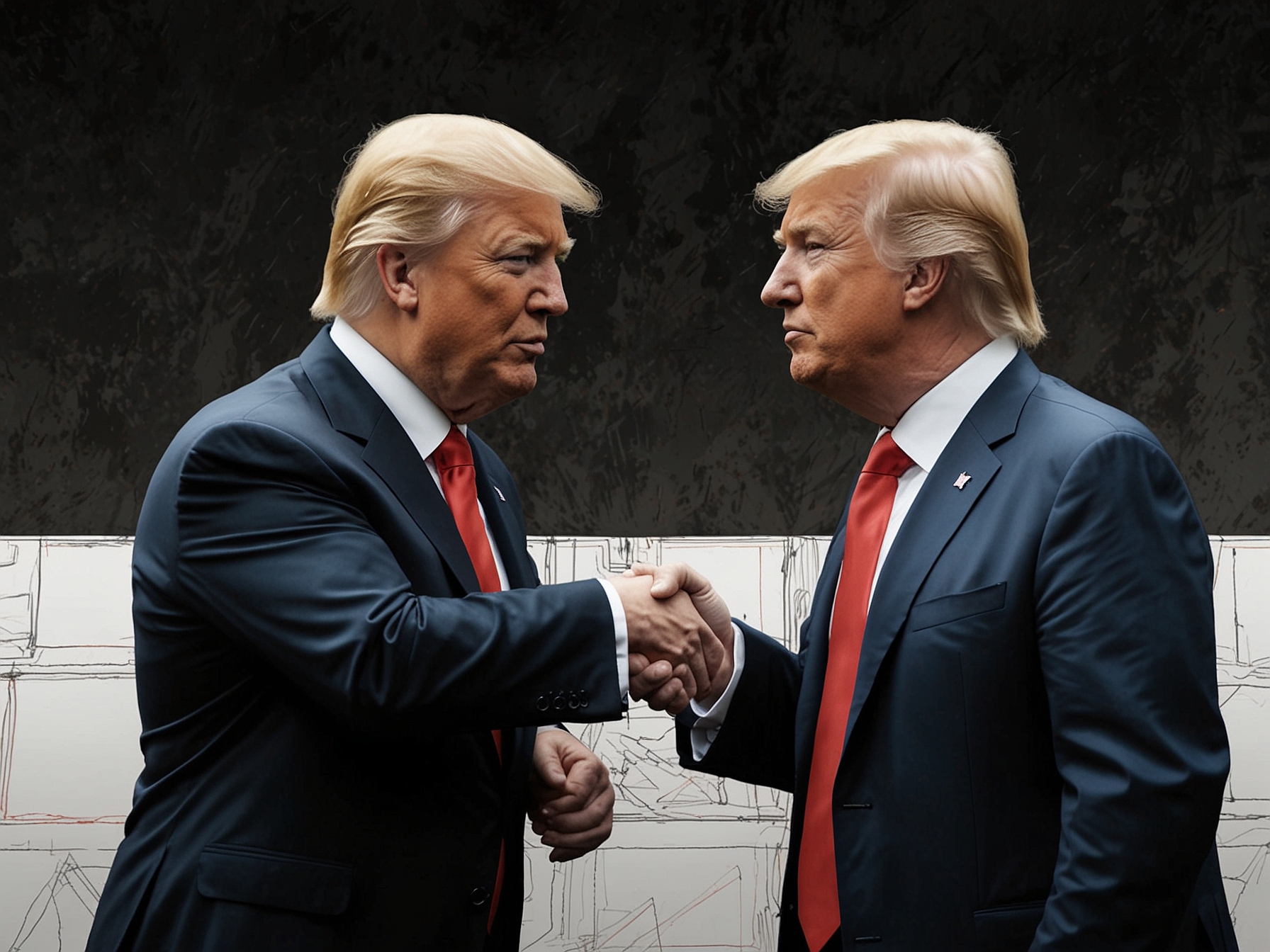
This newfound camaraderie raises questions about allegiance and influence. Does Bezos’ acceptance signal a broader acceptance of Trump’s policies among business leaders? We’re left pondering how strategic these relationships are in a destabilized political environment. Or could this simply be a calculated effort to avoid more conflict?
As we delve deeper into this unexpected collaboration, it’s essential to consider the personal implications. What would governance look like with a direct voice from someone like Bezos? Could innovation thrive under a campaign focused on regulatory reform?
Finally, we should reflect on what this means for voters like you. Can billionaire endorsements influence election outcomes or change public opinion? With ongoing distrust in media and infrastructure, every word from figures like Bezos holds weight. They are not just business moguls; they are increasingly viewed as power brokers in our democracy.
After all, it seems the lines between politics and business blur more with every passing election. Whether you see this development as a sign of hope or cause for concern, one thing remains clear: Bezos is prepared to play a pivotal role in shaping the political narrative as we move forward.

